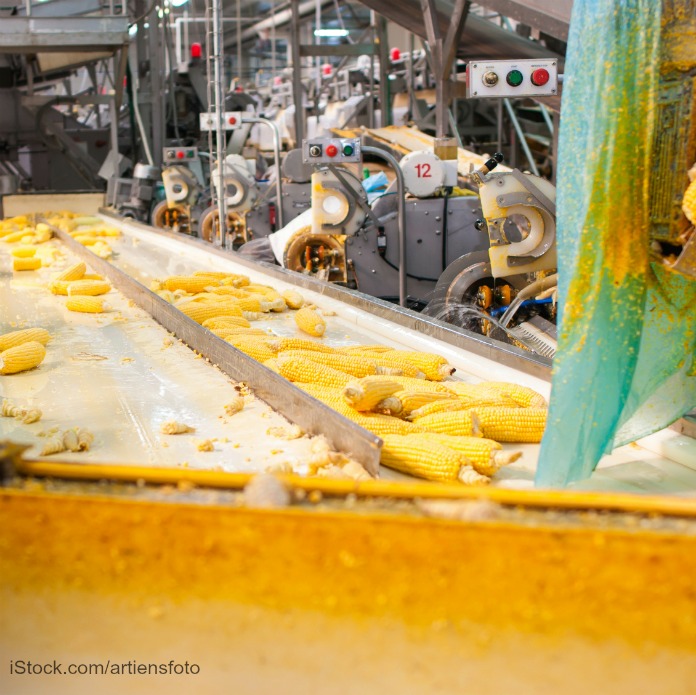
Five months after the FDA found Listeria and unsanitary conditions at Oregon Potato, food safety violations at the Pasco, WA facility had not been adequately addressed, according to a warning letter from the U.S. Food and Drug Administration (FDA). The March inspection was triggered by a Listeria outbreak linked to frozen vegetables that sickened nine people in four states. Three of the case patients died, although listeriosis was not considered to be a cause of death for two of them, according to the Centers for Disease Control and Prevention (CDC).
The outbreak was linked to frozen vegetables produced by CRF Frozen Vegetables of Pasco, WA which issued a recall for hundreds of products sold under various brand names. Idaho Potato also recalled products. Although that recall was not publicly announced, it will now be posted in the FDA enforcement report, the agency said.
During its March inspection of Idaho Potato, the FDA collected samples from food contact and non-food contact surfaces that tested positive for the Listeria strain linked to the outbreak. Test results indicated that Individually Quick Frozen (IQF) produce, including onions, produced at the facility were adulterated, meaning they were “prepared, packed or held under insanitary conditions whereby they may have been rendered injurious to health,” according to the letter dated July 15. In addition, the company did not fully address violations observed during the agency’s March inspection, the letter states.
Between March 8 and March 11, the FDA collected 106 environmental swabs, 19 of which were positive for Listeria. Seven of the positive samples were collected from direct food contact surfaces in both the processing and packaging areas for IQF diced onions.
Food safety violations observed during the inspection were not adequately addressed, included: Food and accumulated debris on food contact surfaces in the preparation, processing, and packaging room and “in some instances grime, was observed on conveyor belts, the interior walls of the onion chiller hood, and the ceiling of the IQF tunnel; ” Facilities constructed in such a manner to prevent drip or condensate from contaminating food; Food contact surfaces maintained so as to minimize accumulation of food and debris; Proper ventilation to minimize vapors that can contaminate food; and maintaining fixtures to prevent non-food contact surfaces from accumulating debris.
Listeria moncytogenes can cause serious illness and death. Symptoms of an infection, which can take up to 70 days to develop, include high fever, severe headache, muscle stiffness, nausea, abdominal pain and diarrhea. Those most at risk are young children, seniors, the immune-compromised and pregnant women. Among pregnant women, Listeria infections can cause miscarriages and stillbirths.
The CDC declared an end to Listeria outbreak on July 15, the same day the FDA sent the warning letter to Idaho Potato.




